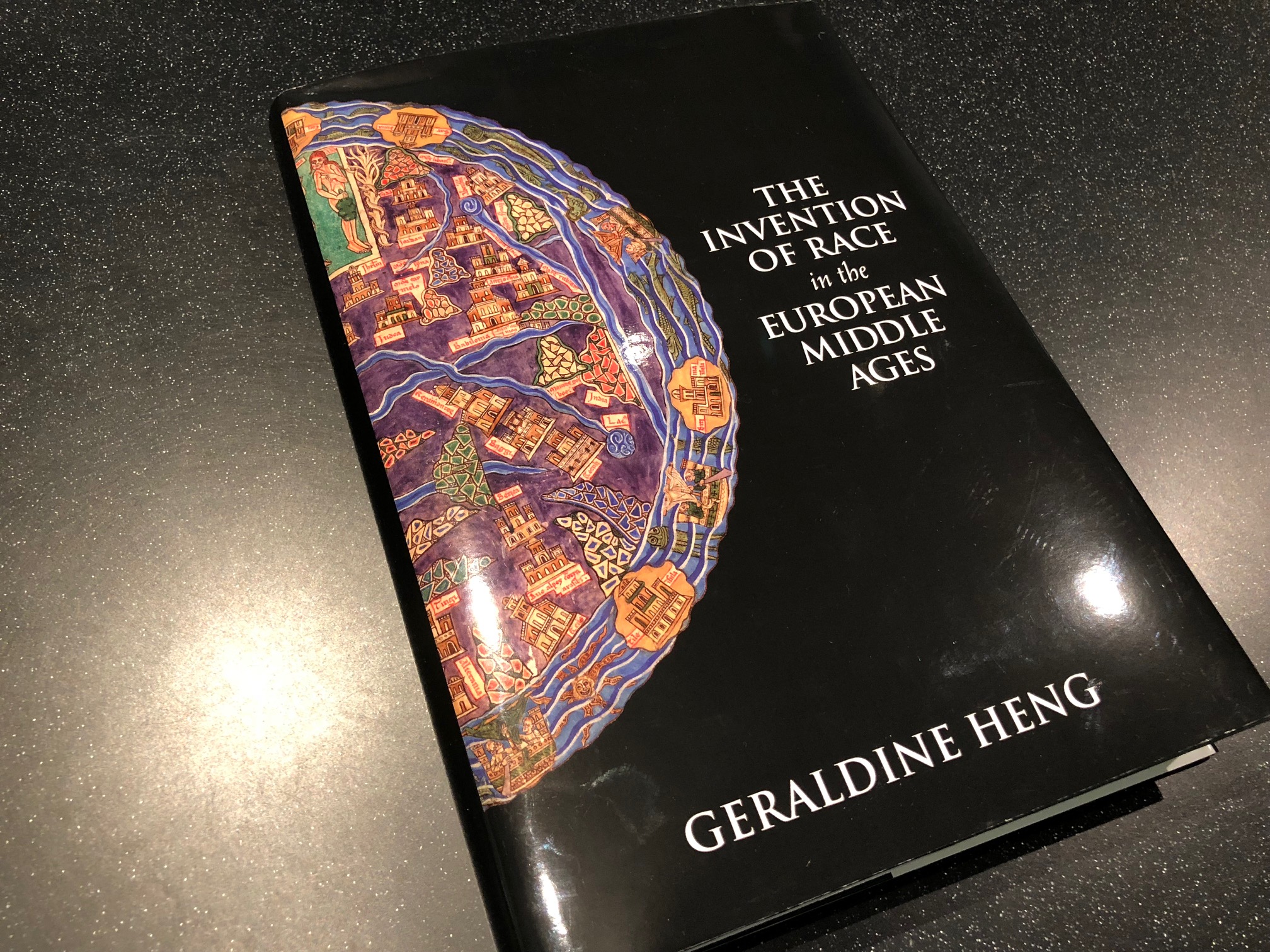Race has been at the center of many high-profile debates and confrontations. And recently the noise level of those who proclaim the idea of racial purity and race separation, as a good idea, has increased.
But that idea is also based on wrong information, says Geraldine Heng, author of the new book, “The Invention of Race in the European Middle Ages,”
Heng is Perceval fellow and associate professor of English and Comparative Literature, Middle Eastern Studies, and Women’s Studies at the University of Texas at Austin. Race, as she defines it, isn’t really based in science.
“Well race has been defined for a long time from the 18th century,” she says. “Understanding that science was the magisterial discourse of an era. So race has often been thought of something biological, in your DNA. Science has obviously complicated our understanding of that. But the way I define race, has to do more with what happens to be the magisterial discourse of the time. In the middle ages religion was the primary discourse for everything. Understanding the world and everything else. So for me race is basically a sorting mechanism delivered through whatever magisterial discourse of the period is, in order to select among differences and to essentialized them and assign them to certain populations and human groups. And them conceptualize these differences as absolute and fundamental. So it’s a sorting mechanism rather than a substantive content.”
Heng explains that white supremacists who are longing for the time of ‘racial purity’ in Europe, don’t have their facts straight.
“There is a tremendous nostalgia for an imagined past, a Europe that never in face actually existed. A belief that Europe was already white and that today it is all these immigrant populations that are all the trouble, the containment, the fly in the ointment so to speak,” she says.
“But really Europe was never really entirely white. There have always been jews in the cities and towns of Europe, living side by side with the Christian Europeans. There have been muslims in southern Italy, the Mediterranean, Spain, the Byzantine Empire, Greek empire was always excessively multiracial. And slavery for instance resulted in what today we would say was misogynation.”
Women, Heng says, made up a large portion of enslaved people and this in turn results in a mix of races.
“The most popular kind of slave was female. Young women far exponentially outnumbered the numbers of male slaves. And most slaves were deployed in the household as domestic slave labor, rather than as field slaves. As a result these young women were of course the sexual property of their master and they bred for their masters. So slavery helped ensure that even white Christian Europeans people who think of Europeans white are wrong.”


















